Extending Breakthroughs for a Healthier World
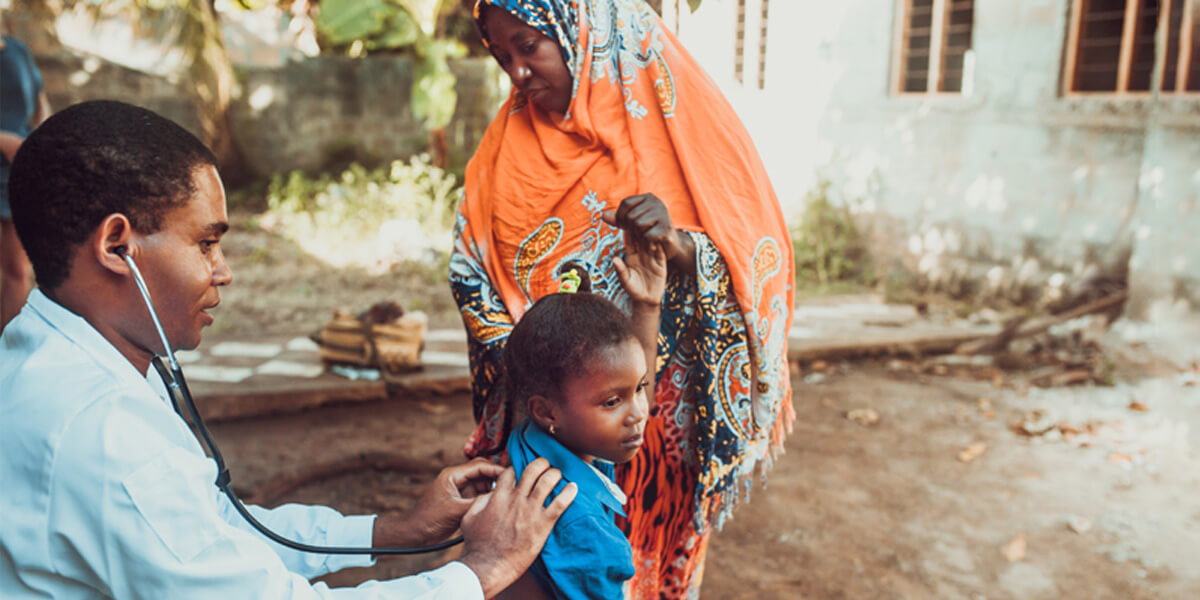
Closing the health equity gap requires thinking outside the box. It means breaking out of the traditional models of drug manufacturing and distribution and forging new paths.
“Pursuing better health for everyone, everywhere, isn’t just about dropping off medicines in Accord countries. It’s also about supporting those countries to ensure these treatments and vaccines reach the people who need them.”
Stacie Tackett
Global Supply Chain Lead for Emerging Markets, EMEA
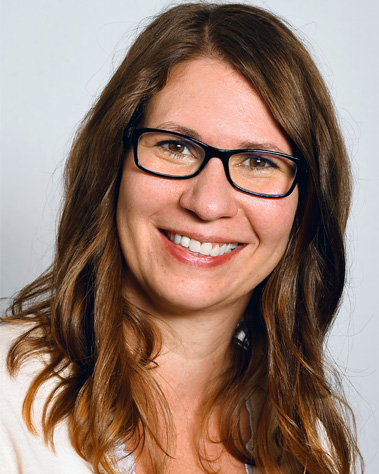
Stacie co-leads the Manufacturing and Supply workstream for Pfizer’s Accord for a Healthier World. An Accord for a Healthier World aims to reduce the health inequities that exist between many lower-income countries and the rest of the world at an immense scale. Alongside governments and multi-sector partners, Pfizer is co-creating scalable solutions to help address systemic barriers to improve healthcare globally and is also working to find faster, more efficient pathways to supply innovative medicines. Under the Accord, Pfizer aims to provide all our patented medicines and vaccines available in the U.S. or EU on a not-for-profit basis to 45 lower-income countries. This includes products that treat infectious diseases, certain cancers, and rare and inflammatory diseases as well as future innovations.
“This groundbreaking program has the potential to improve the health of 1.2 billion people living in lower-income countries around the world who often have limited access to innovative medicines and vaccines,” says Abimbola “Abi” Oluwayemisi Ayoola, Senior Supply Chain Manager.
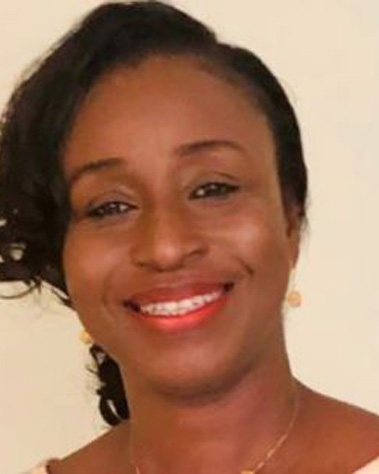
“It’s a path that further shows Pfizer’s efforts to improve health equity and our belief that all people, regardless of where they live, deserve access to quality healthcare.”
Abimbola “Abi” Oluwayemisi Ayoola
Senior Supply Chain Manager
For a Healthier World
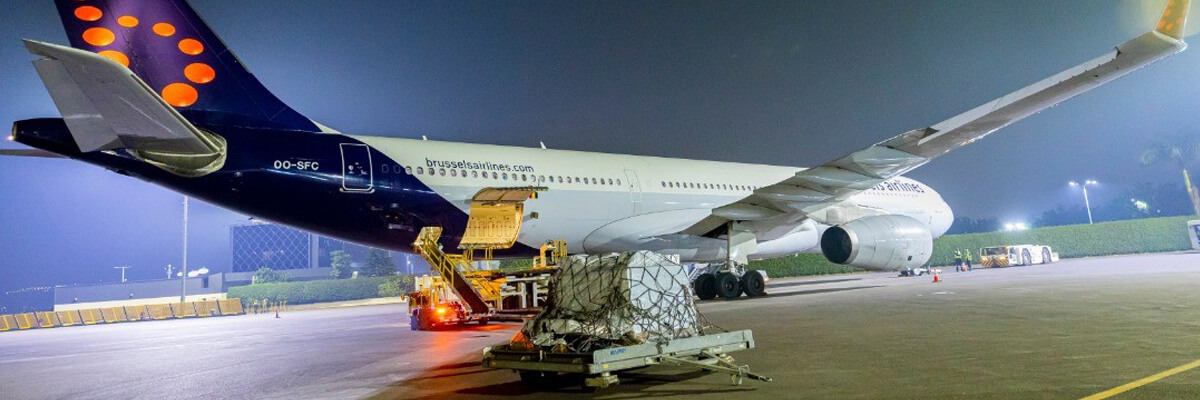
The first shipment of medicines under the Accord arrived in Rwanda this summer: more than 1,500 units of eight Pfizer medicines for life-threatening infectious diseases, inflammatory diseases, and certain cancers. The Accord team has worked closely with Rwandan officials to provide medical training to health workers and is exploring areas for further collaboration with Pfizer or other strategic partners. And the Pfizer team is in ongoing discussions with many other Accord countries to expand this work.
“Rwanda was one of the first countries to join the Accord, a country that was very engaging and responsive,” Abi says. “We will work closely with global health leaders to make improvements in diagnosis, education, infrastructure, storage, and more.”
Navigating Unfamiliar Challenges
“One of the challenges we face in this project is the constantly changing needs of each country. We have to overcome that challenge to get these medicines to patients in a timely way.”
Sanae Aadil
Accord Market Planning Hub Manager
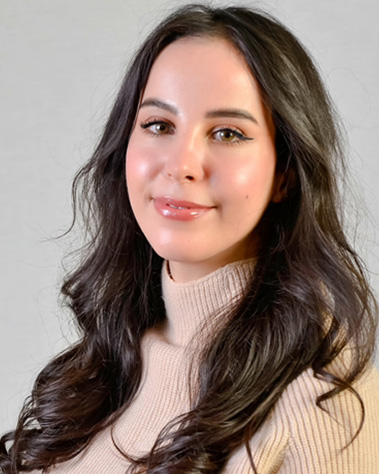
“That includes working with our Pfizer Manufacturing and Supply sites to secure inventory for all the products in the program so we can deliver them as soon as possible after orders are received,” says Sanae.
Securing that inventory is just the first step of many. Pfizer’s teams are working with unfamiliar challenges and modifying their approaches to fit each individual situation.
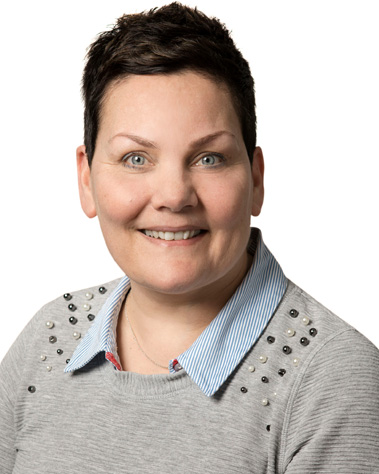
“Colleagues from several departments put our heads together on a regular basis to figure out how to overcome roadblocks. We will also collaborate with Accord participants to help identify quick and efficient regulatory pathways.”
Eleonora Diomedi
Director Regional Supply Chain
We have also deployed end-to-end traceability within the supply chain for the Accord, utilizing serialization technology in conjunction with cloud-based applications to track the medicines’ journeys through the last mile. And, in the face of nonstandard processes, we have developed detailed process maps to deliver these medicines as quickly and securely as possible.
“Lightspeed” Mentality
The Accord team is pursuing their mission with a “Lightspeed” mentality.
“Pfizer’s value of equity, of trying to help the global populace, is embraced by the colleagues working on implementing the Accord,” Abi says. “This shared goal of ensuring this gets done, done well, and as quickly as possible drives everybody to go the extra mile to achieve what we have set out to achieve.”
The team is looking forward to bringing more countries on board and reaching as many patients as possible.
“Currently, Pfizer’s innovative medicines and vaccines arrive in these lower-income countries between four or more years after they become available in the U.S. and Europe,” says Sanae.
Eliminating this delay in access is one of Pfizer’s top priorities. As Pfizer launches new medicines and vaccines, those products will also be included in the Accord portfolio on a not-for-profit basis.
“As we engage with these countries, we will understand their resources and needs better over time,” says Abi. “It puts the Accord in a better position to help better serve all Accord countries and address systemic barriers that delay, limit, or prevent access to innovative medicines and vaccines.”
Abi, Sanae, Eleonora, and Stacie are excited to bring many more countries into the Accord, starting with Ghana, Malawi, Senegal, and Uganda, which, along with Rwanda, make up the first five countries that committed to join the program.
